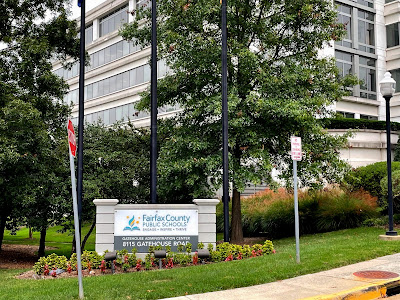FCPS reinstates books challenged by parents
Two books that had been subject to a formal challenge have been reinstated in Fairfax County Public School libraries.
The books – Gender Queer: A Memoir by Maia Kobabe and Lawn Boy by Jonathan Evison – had been temporarily removed following a complaint in September. Parents had charged the books were inappropriate in schools because of claims they contained explicit sexual content and referenced pedophilia.
The critically acclaimed and award-winning books were in high school libraries; they were not part of the curriculum. The books were removed during a two-month formal review process by two committees made up of school administrators, librarians, parents, and students.
FCPS found the books are appropriate for high school students and “have the potential to reach marginalized youth who may struggle to find relatable literary characters that reflect their personal journeys.” The final decision to reinstate the books was made by Noel Klimenko, assistant superintendent for instructional services.
According to a statement issued by FCPS Nov. 23, “The decision reaffirms FCPS’ ongoing commitment to provide diverse reading materials that reflect our student population, allowing every child an opportunity to see themselves reflected in literary characters.” The committees found neither book addresses pedophilia.
One committee determined Lawn Boy offers an “accessible examination of race, class, socioeconomic struggle, and sexual identity.”
The book “paints a portrait of the substantial obstacles faced by those who are marginalized by society,” the committee said. “It is an uplifting and humanizing depiction of navigating through setbacks with resiliency to reach goals and will resonate with students.”
The other committee described Gender Queer as a “well-written, scientifically based narrative of one person’s journey with gender identity that contains information and perspective that is not widely represented.” That includes the difficulties faced by nonbinary and asexual individuals.
“Students with a related experience will feel affirmed and others can gain understanding and empathy,” the committee noted.
The review process considered whether the books flouted regulations by being obscene or harmful to juveniles as defined by the Code of Virginia and provisions in the FCPS Student Rights and Responsibilities Handbook pertaining to the possession of obscene visual imagery.
After careful consideration, neither book was deemed to have fallen afoul of these regulations, FCPS states.


